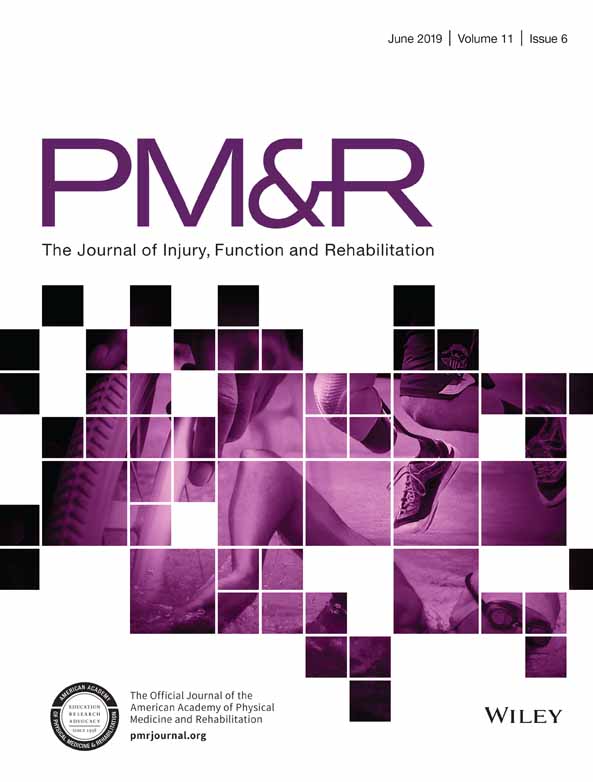Relationship Consensus and Caregiver Burden in Adults with Cognitive Impairments 6 Months Following Stroke
Abstract
Background
Caregiver burden is commonly experienced in caregivers of adults with cognitive impairment after stroke. This burden can be associated with caregiver-centered factors, including caregiver-perceived relationship quality.
Objective
To examine the role of caregiver-perceived relationship quality on caregiver burden at 6 months following stroke.
Design
Prospective observational study.
Setting
Community settings.
Participants
Adults enrolled in two randomized controlled trials after stroke (n = 60) and their caregivers (n = 60).
Methods
Three constructs of relationship quality (relationship consensus, cohesion, and satisfaction) were examined as predictors of caregiver burden (the Abbreviated Dyadic Adjustment Scale). A hierarchical logistic regression and a Poisson regression with robust standard errors were used to examine the effect of relationship quality on caregiver burden while controlling for characteristics of stroke survivors and caregivers.
Main Outcome Measurements
Caregiver burden was measured with the abridged version of the Zarit Burden Interview.
Results
Poor relationship consensus (odds ratio [OR] = 1.48; 95% confidence interval [CI] = 1.06-2.07; P = .02) increased the odds of high caregiver burden after controlling for characteristics of stroke survivors (age, comorbidity, cognitive fluency) and caregivers (gender, self-reported health). Relationship cohesion (OR = 1.03; 95% CI = .84-1.25; P = .81) and relationship satisfaction (OR = 1.53; 95% CI = .75-3.10; P = .24) did not predict caregiver burden.
Conclusion
Meaningful and agreeable goals and expectations between dyads are essential to reduce caregiver burden after stroke. Collaborative goal-setting between stroke survivors and their caregivers may be a promising intervention strategy to increase relationship consensus and reduce caregiver burden.
Level of Evidence
III.




